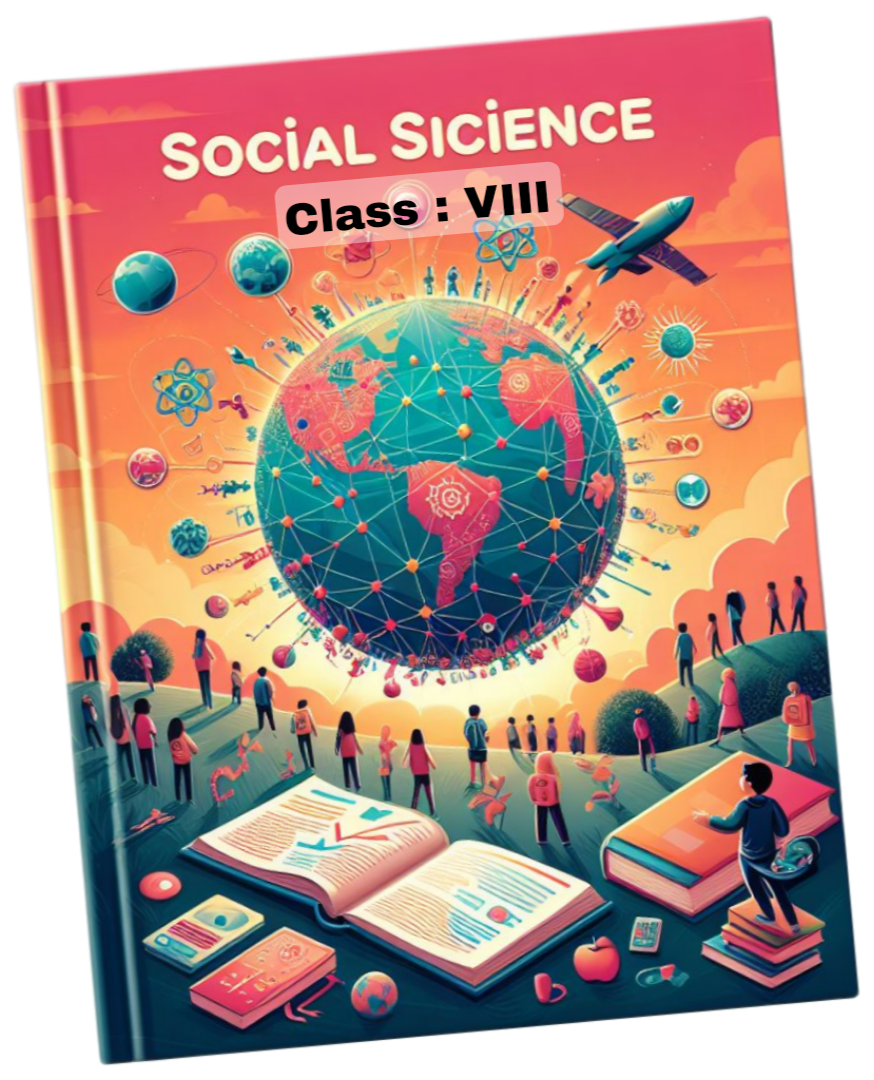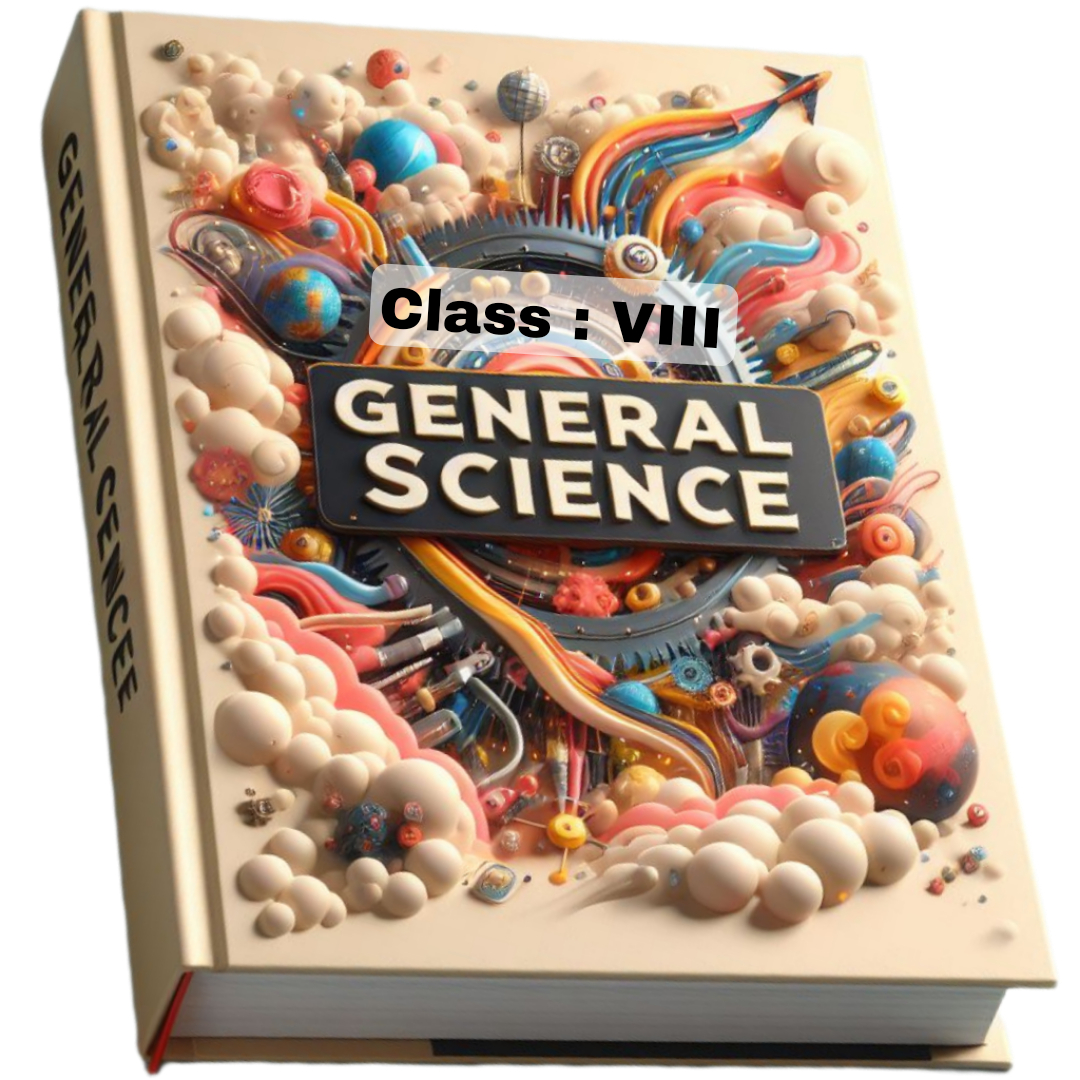Essay —1
Introduction :
Science plays a key role in our daily lives, influencing everything from communication to healthcare. It makes modern life more convenient and efficient.
Technology and Communication :
The phones, computers, and the internet we use are all products of science. Advances in electronics and networking have made global communication fast and easy.
Transportation :
Science has revolutionized travel through vehicles powered by engines. Physics principles, like motion and energy, make transportation faster and more accessible.
Health and Medicine :
Medical science has led to vaccines, medicines, and diagnostic tools like X-rays, improving health and saving lives.
Food and Cooking :
The science of heat and chemistry affects how we cook, while methods like refrigeration preserve food for longer periods.
Conclusion :
Science is essential in everyday life, improving technology, healthcare, travel, and more. It continues to shape our world and will drive future progress.
Essay —2
Introduction :
Science plays a crucial role in our daily lives, influencing everything we do, from communication to healthcare. It is not just confined to classrooms or laboratories but is embedded in the technology, processes, and systems we use every day. This essay explores how science impacts various aspects of our routine life.
Technology and Communication :
Science has made communication faster and easier. The mobile phones, computers, and the internet we rely on are all products of scientific advancements in electronics, coding, and networking. Today, we can connect with people around the world in an instant, making communication more efficient.
Transportation :
Transportation is another area where science has had a significant impact. The development of vehicles powered by engines, based on principles of physics like motion and energy, has made travel faster and more accessible. Cars, buses, trains, and airplanes have revolutionized the way we move around the world.
Health and Medicine :
Medical science has drastically improved our health and well-being. Vaccines, antibiotics, and advanced diagnostic tools like X-rays and MRIs have saved millions of lives. Science also helps us understand how our bodies function, leading to better healthcare and longer, healthier lives.
Food and Cooking :
Science is involved in cooking, as the heat applied to food changes its chemical structure. Additionally, methods like refrigeration and canning, both based on scientific principles, help preserve food. Nutrition science guides us to make healthier food choices.
Conclusion :
In conclusion, science is an invisible yet powerful force that shapes our daily lives. From the technology we use to the food we eat and the healthcare we rely on, science enriches and improves our world. It is an essential part of modern living and will continue to drive progress in the future.
Essay —3
Introduction :
Science is the backbone of modern civilization and plays an essential role in every aspect of our daily lives. It is not confined to laboratories or textbooks but is integrated into the tools, technologies, and processes we rely on every day. From communication to transportation, health to cooking, science has transformed the way we live, work, and interact with the world around us. This essay explores how science influences various aspects of our routine life, demonstrating its importance in shaping our modern existence.
Technology and Communication :
One of the most significant contributions of science to everyday life is the advancement of technology. The mobile phones we use, the computers we work on, and the internet we access are all products of scientific progress. The development of electronics, coding, and networking principles have made communication faster and easier. Thanks to science, we can connect with people across the globe in an instant, fostering social interaction and the exchange of ideas.
Transportation :
Science has revolutionized the way we travel. The invention of the wheel, followed by the development of vehicles powered by engines, has made transportation faster and more efficient. Today, we use cars, buses, trains, airplanes, and ships to reach various destinations. The principles of physics, such as motion, force, and energy, govern the functioning of these transportation systems. These advancements have reduced travel time and made it more accessible to people worldwide.
Health and Medicine :
Science plays a crucial role in maintaining our health. Medical science has brought about significant breakthroughs in the treatment and prevention of diseases. Vaccines, antibiotics, and surgical techniques have saved millions of lives. The use of scientific research in developing diagnostic tools, such as X-rays and MRI scans, has made healthcare more effective. Additionally, the understanding of biology and human anatomy has improved the quality of life by helping us live longer and healthier lives.
Food and Cooking :
Science is also involved in our daily meals. The process of cooking involves chemistry and physics, whether it's boiling water, baking bread, or frying food. The heat changes the chemical structure of food, making it edible and enhancing its flavor. The preservation of food, through methods like refrigeration and canning, is another application of science. Additionally, the study of nutrition has improved our understanding of a balanced diet, helping us make healthier food choices.
Energy and Environment :
The use of energy in our homes and workplaces is another example of science in everyday life. Electrical energy powers lights, appliances, and gadgets. The scientific principles of electromagnetism and energy conversion are at the heart of this technology. Furthermore, science helps us understand environmental issues such as pollution, climate change, and sustainable energy. Efforts to reduce carbon footprints, recycle waste, and use renewable energy sources like solar and wind power are all driven by scientific research aimed at preserving the planet.
Conclusion :
In conclusion, science is not just a subject studied in classrooms but a fundamental part of our daily existence. It influences the technology we use, the way we travel, the food we eat, the medicine we take, and our environmental awareness. As science continues to evolve, it will undoubtedly bring even more innovations that improve the quality of our lives. Understanding science is essential, as it empowers us to make informed decisions and adapt to an ever-changing world. Thus, science enriches our daily life and will continue to do so in the future, making it a vital tool for progress and well-being.
Updated on 22nd December 2024
By :- J.A.C (B.Sc Honours | Web/App Developer.)

.jpg)

.jpg)













0 Comments